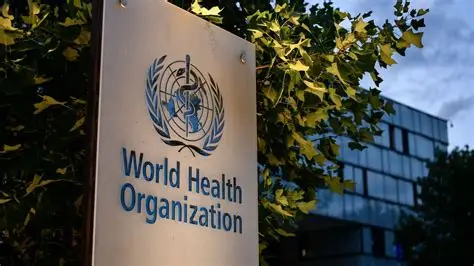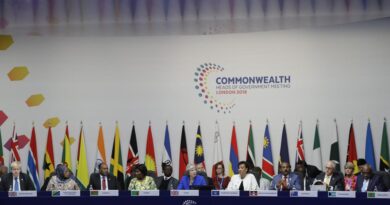Africa Takes the Lead in Urgent WHO Talks to Tackle Health Worker Migration Crisis
As hospitals across Africa grapple with shrinking medical teams, the World Health Organization (WHO) Regional Office for Africa has convened urgent consultations to address the growing crisis of health worker migration, a challenge that threatens to collapse under-resourced healthcare systems across the continent.
On July 30, 2025, representatives from 30 African countries participated in a virtual consultation aimed at reshaping the WHO Global Code of Practice on the International Recruitment of Health Personnel, a framework first adopted in 2010. The consultations mark a pivotal moment in Africa’s determination to reclaim control over its healthcare workforce.
“This isn’t just about policy; it’s about people,” said Dr Adelheid Werimo Onyango, Director of Health Systems and Services at WHO Africa. “We must ensure this Code reflects Africa’s realities and becomes a tool to protect our health workers and systems.”
From nurses leaving for Europe to rural clinics operating without a single physician, speakers painted a stark picture of the human toll of medical brain drain. Many called for stronger enforcement mechanisms, more accountability, and international responsibility in recruitment practices.
Dr James Avoka Asamani, WHO’s Health Workforce Team Lead, praised the consultations, stating: “Through your recommendations, you are laying a foundation for a stronger and more equitable health workforce across Africa.”
With a projected shortfall of 6.1 million health workers in Africa by 2030, stakeholders urged that the revised Code go beyond ethics and provide concrete safeguards. The deliberations echoed the urgency of the Africa Health Workforce Investment Charter, emphasizing better investment, retention strategies, and fair recruitment standards.
The final recommendations will be submitted to the 156th WHO Executive Board, but African leaders have made one thing clear: they are not just participating, they are leading.



